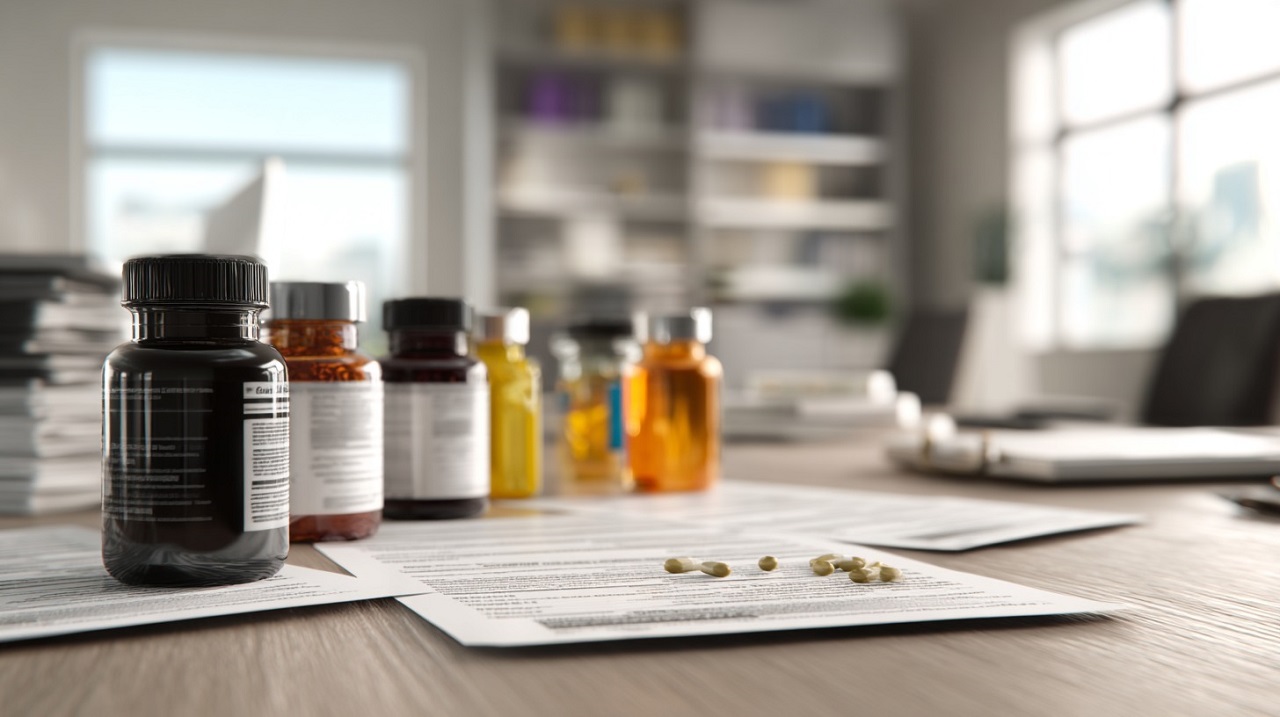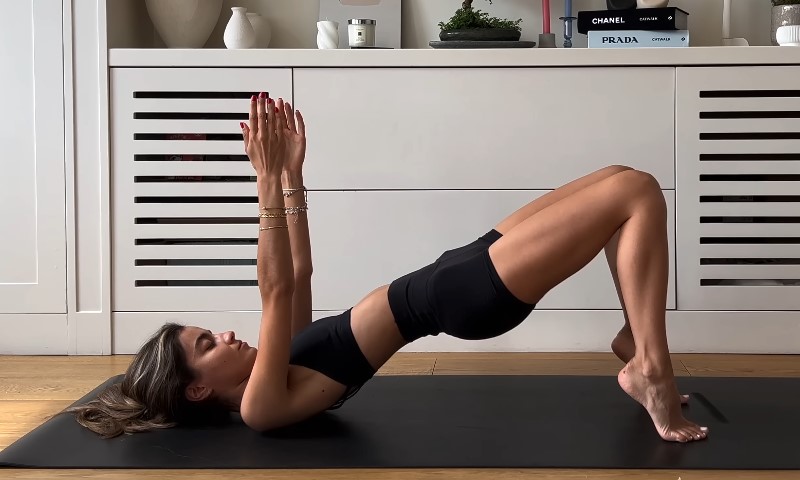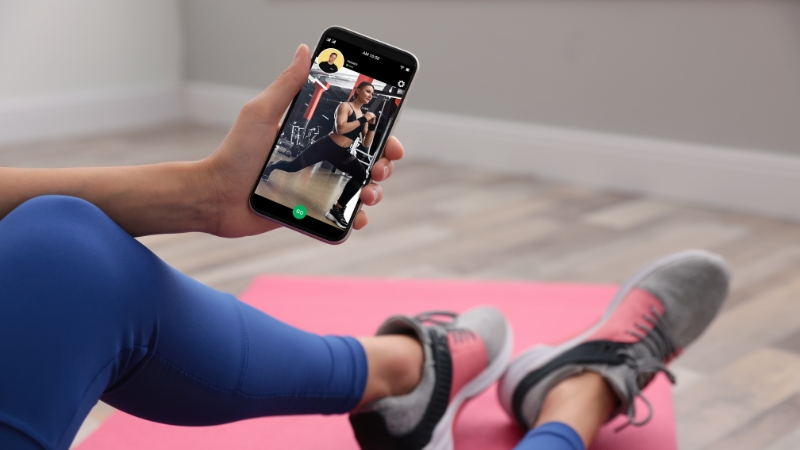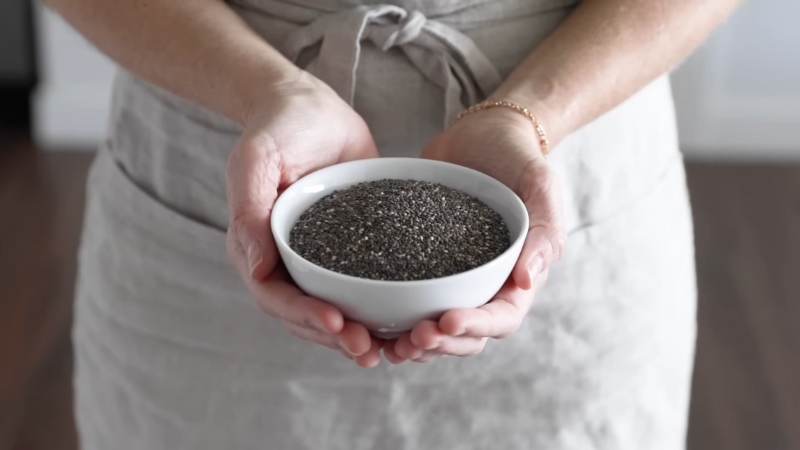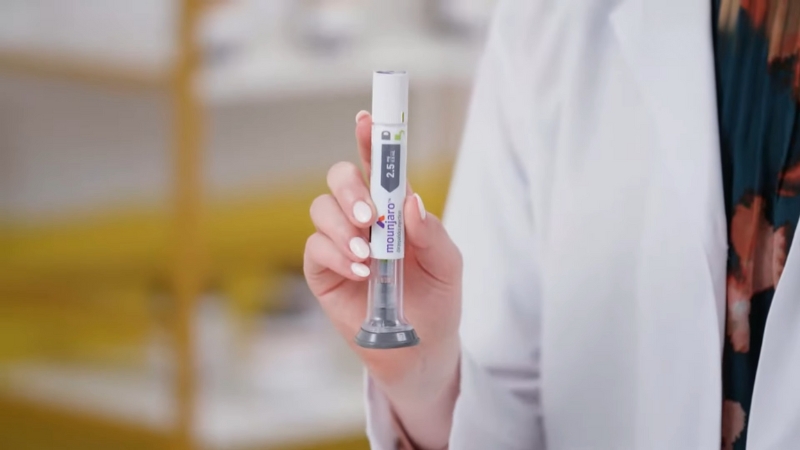
Share Post:
When you work out, your body goes through a lot. Muscles experience tiny tears, your energy reserves get depleted, and your nervous system is taxed. Without proper recovery, those aches and pains can linger longer than they should, and your next workout might feel like a slog.
Recovery is where your body repairs itself, builds strength, and keeps you feeling good physically and mentally. Giving yourself permission to rest ensures you can stick to your routine without burning out.
Table of Contents
ToggleStart with a Proper Cool-Down
A proper cool-down helps your body transition from intense activity to rest more smoothly, reducing soreness and keeping dizziness at bay.
Spend 5–10 minutes on a low-intensity activity like walking or light jogging.
Drink Your Water
- Ever felt wiped out and headachey after a workout? It could be dehydration sneaking up on you.
- Sweat doesn’t just take water with it, it also depletes essential electrolytes like sodium and potassium.
- Sometimes plain water isn’t enough. Electrolyte drinks can help replenish what you’ve lost, especially after a long or particularly sweaty session.
- Personally, I keep a bottle of water within arm’s reach during my workout and sip on something like coconut water or an electrolyte mix afterward.
Signs of dehydration to watch out for:
- Dry mouth
- Dark urine
- Fatigue or lightheadedness
Refuel Your Body with the Right Food
After working out, your body is hungry for nutrients to repair muscles and restore energy. Getting the right combination of protein and carbs after a workout is key.
How to Build the Perfect Post-Workout Meal
Protein is the building block of muscle repair, while carbs replenish glycogen stores (your energy reserves). A simple combo like grilled chicken with sweet potato or a hearty quinoa salad works wonders. My personal favorite?
A smoothie made with protein powder, almond milk, spinach, and a banana. It’s quick, tasty, and packed with everything you need.
Incorporate Medical Marijuana for Relaxation and Recovery
It’s known for its potential to reduce inflammation, alleviate muscle soreness, and promote relaxation, making it a natural complement to other recovery practices.
Even though marijuana is fully legal there, having a medical marijuana card in WA offers distinct advantages. With a card, you can access higher potency products tailored to your specific recovery or health needs, enjoy tax exemptions that save money, and consult knowledgeable professionals at licensed dispensaries.
How Medical Marijuana Helps
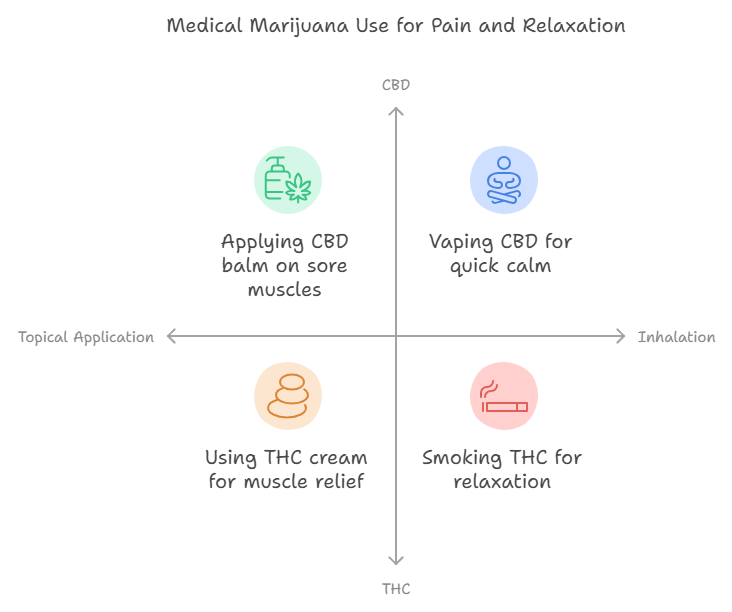
Compounds like CBD and THC found in marijuana may assist in reducing pain and inflammation caused by intense workouts. CBD, in particular, is non-psychoactive and widely used for its calming and anti-inflammatory properties.
Ways to Incorporate It
- Topical Relief: CBD-infused creams and balms can be applied directly to sore muscles for targeted relief without any psychoactive effects.
- Edibles or Tinctures: Consuming low doses of CBD or THC can help calm your mind, ease tension, and promote a restful state. Consider exploring options from KoiCBD for high-quality products.
- Inhalation: If immediate relaxation is your goal, vaping or smoking strains rich in CBD or balanced in THC and CBD may work quickly to relieve soreness and enhance your sense of calm.
Pairing It With Other Recovery Techniques
Medical marijuana fits seamlessly into your post-workout routine. For example, apply a CBD balm after stretching or foam rolling, or enjoy an edible before soaking in a warm bath to enhance muscle recovery and relaxation.
Additionally, using it before meditation or mindfulness exercises can help deepen your sense of calm and presence.
Stretch to Prevent Stiffness
Focus on Key Muscle Groups
- Spend about 10–15 minutes stretching the muscles you worked during your session. A few staples include:
- Hamstring stretches for the back of your legs
- Quadriceps stretches to release tightness in the front
- Shoulder and arm stretches to ease upper body tension
Soak in a Warm Bath
Enhance the experience with Epsom salts, which contain magnesium to reduce muscle aches. Adding a few drops of lavender or eucalyptus essential oil can create a calming atmosphere. Dim the lights, play some soft music, and you’ve got yourself a mini spa day right at home.
Add a Little Yoga
You don’t have to be a seasoned yogi to reap the benefits. A few simple poses, like Child’s Pose, Downward Dog, and Pigeon Pose, can release tension in tight areas. Even a short 10–15-minute session can leave you feeling looser and more grounded. Focusing on your breath helps calm your mind after the intensity of a workout.
Treat Yourself to a Massage
If you have the time (and budget), a massage can work wonders for recovery. Professional massages like deep tissue or sports massages target sore muscles and speed up recovery.
Prioritize Sleep
There’s no getting around it: sleep is non-negotiable for proper recovery. During deep sleep, your body repairs muscles and releases growth hormones that help you build strength. If you’re skimping on sleep, you’re setting yourself up for slower recovery and less energy for your next workout.
Tips for Better Sleep
- Make your bedroom a sanctuary: comfy mattress, blackout curtains, and no distractions.
- Stick to a consistent sleep schedule, even on weekends.
- Consider adding white noise or calming sounds if you’re easily disturbed by noise.
Try Mindfulness or Meditation
Physical recovery is vital, but mental recovery is just as important. Post-workout relaxation doesn’t just help your muscles—it keeps your mind in the game.
Even a short 10-minute mindfulness session can help reduce stress and improve focus. Apps like Calm or Headspace are great tools to guide you through meditation, or you can simply sit quietly and focus on your breathing.
Final Thoughts
Recovering after a tough workout is about working smarter, not harder. By cooling down, hydrating, stretching, refueling, and getting quality rest, you’re setting yourself up for success. Adding relaxing rituals like baths, yoga, or mindfulness can make recovery feel like a reward rather than a chore.
Related Posts:




